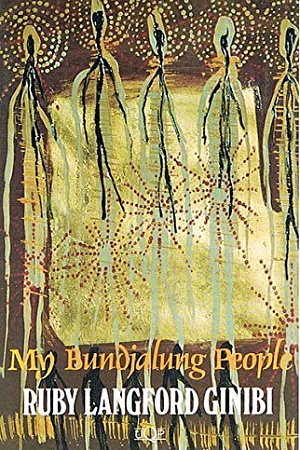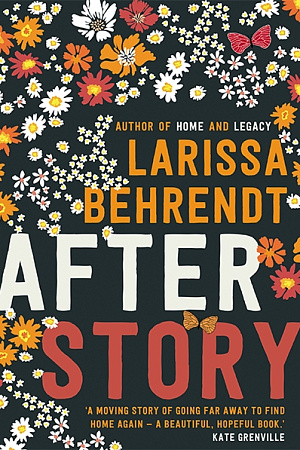Macquarie PEN anthology of Aboriginal literature
Allen & Unwin, $39.95 pb, 260 pp, 9781741754384
Macquarie PEN anthology of Aboriginal literature edited by Anita Heiss and Peter Minter
If ever there was a national question, it is this ... We were good enough to fight as Anzacs. We earned equality then. Why do you deny it to us now? ... We ask you to be proud of the Australian Aboriginal, and to take his hand in friendship … At worst, we are no more dirty, lazy, stupid, criminal, or immoral than yourselves … After 150 years, we ask you to review the situation and give us a fair deal – a New Deal for Aborigines.
Aborigines Claim Citizen Rights!
William Ferguson and John Patten
In 1938, the year of Australia’s sesquicentennial celebrations, trade unionist William Ferguson and former boxer John Patten helped to organise the first Aboriginal Day of Mourning and Protest on January 26; later that year, they co-wrote the pamphlet from which the above excerpt is taken, on behalf of the nascent Aborigines Progressive Association (APA). At the time, David Unaipon’s Native Legends (1929) was the only work of literature written by an Aboriginal Australian to have been published, and it would be many years before the next, Oodgeroo Noonuccal’s We Are Going (1964).
It is perhaps unsurprising, then, though still remarkable, that approximately half of the writing represented in this 260-page anthology of Aboriginal writing in English consists of excerpts from works published in the last twenty years. As the editors, Anita Heiss and Peter Minter, explain in their insightful introduction: ‘Aboriginal literature as we know it today had its origins in the late 1960s, as the intensification of Aboriginal political activity posed an increasing range of aesthetic questions and possibilities for Aboriginal authors.’ And if the 1960s and 1970s introduced us to Oodgeroo, Jack Davis, Gerry Bostock, Kevin Gilbert, and Lionel Fogarty, the two decades since the publication of the first comprehensive anthology of Aboriginal literature in 1988, Paperbark, have seen an even greater upsurge in indigenous writing in English.
Heiss and Minter have taken the significant decision of commencing the anthology not with Unaipon’s work – the expected starting point for such an anthology – but with a letter written by Bennelong (of the Wangal people, Sydney) some hundred and thirty years earlier, in 1796: the earliest documented piece of writing in English by an Aboriginal person. The opening third of the book consists mainly, therefore, of excerpted letters, petitions and political manifestos written in the period between the late eighteenth and mid-twentieth centuries, sometimes in raw, ungrammatical English, but always describing the same poignant arc, a people’s suffering under various assimilationist state and federal legislation.
Continue reading for only $10 per month. Subscribe and gain full access to Australian Book Review. Already a subscriber? Sign in. If you need assistance, feel free to contact us.










Leave a comment
If you are an ABR subscriber, you will need to sign in to post a comment.
If you have forgotten your sign in details, or if you receive an error message when trying to submit your comment, please email your comment (and the name of the article to which it relates) to ABR Comments. We will review your comment and, subject to approval, we will post it under your name.
Please note that all comments must be approved by ABR and comply with our Terms & Conditions.